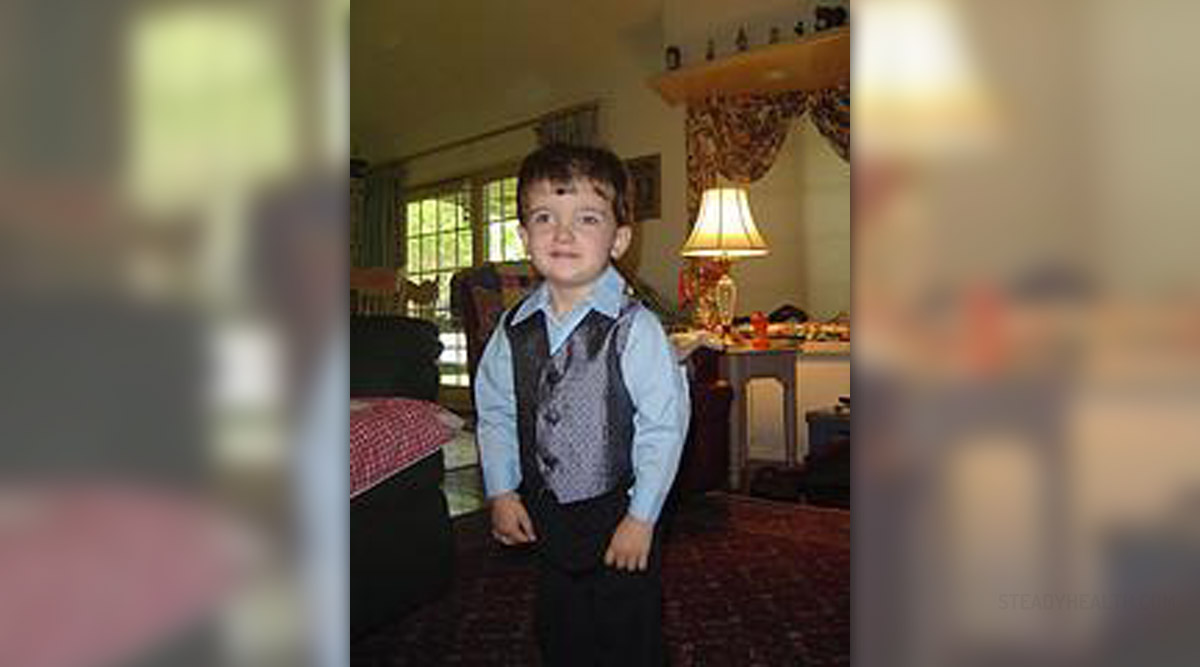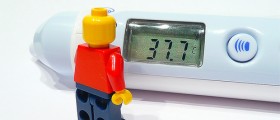
Children are quite prone to fever. In fact, they might suffer from increased body temperature much more often than adults do, since they have weaker immune system. Fever is a condition where one's body temperature increases. It is a sign of our body fighting off an infection or some other health problem. Thus, fever is a necessary step towards healing and parents should not panic once their child's body temperature rises slightly. Yet, they should not ignore the occurrence of fever either.
Fever without Other Symptoms
Sometimes, a fever may strike your child, with no other symptoms present. Then, before treating the child randomly, trying to lower the temperature, you should observe him/her and try finding out what might be bothering him/her. Sometimes, a child may have fever because he/she wears too much warm clothes. Then, of course, no medications are necessary and the child him/herself shows no additional symptoms of diseases. Nevertheless, the best way of knowing that fever cannot harm your child is to make sure he/she is drinking enough water in order to keep his/her system hydrated.
On the other hand, when it comes to children who are younger than three months, every variation in body temperature should require a medical opinion as soon as possible. Sometimes, there might be some hidden causes behind fever and doctors can pinpoint them, starting adequate treatments.
Dangerous Fever
Simply, any kind of fever accompanied by coughing, cold, headaches, irritability or fatigue should be taken seriously. Our normal body temperature is about 98.6 degrees F. However, a child's body temperature can go up to 100 degrees F and even this may not be dangerous. Yet, everything above that should be met with caution and proper preventive action.
Also, whenever a fever affects your child for more than a week, you should seek medical attention. Sleepiness, rashes, convulsions and other such problems, taking place hand-in-hand with fever are just additional signs of seriousness.
Finally, if the symptoms which accompany fever are quite severe like confusion, cramps, muscle pain, diarrhea, stomachache, vomiting, loss of appetite, stiffness etc., it is best to take your child to the hospital, since the possible culprit behind the condition may be some kind of an infection, inflammatory or blood disorder, meningitis and other serious health issues.
Finally, never experiment with over-the-counter drugs when your child has a fever, especially when it is accompanied by other severe symptoms since this can only make matters worse and cause the problem to escalate.

















Your thoughts on this
Loading...